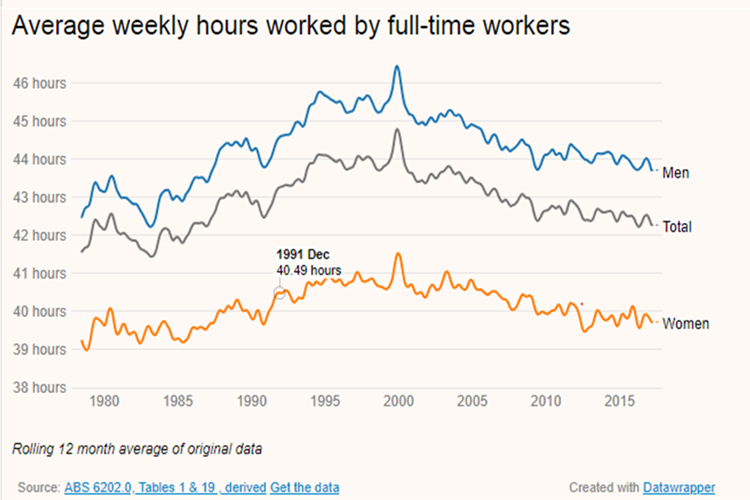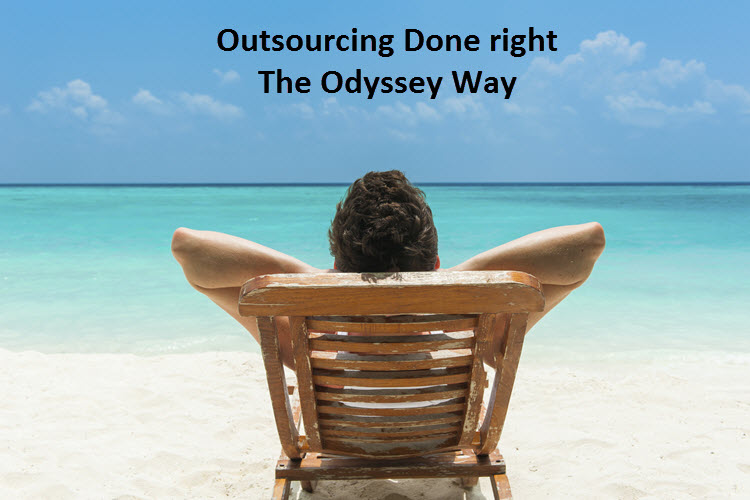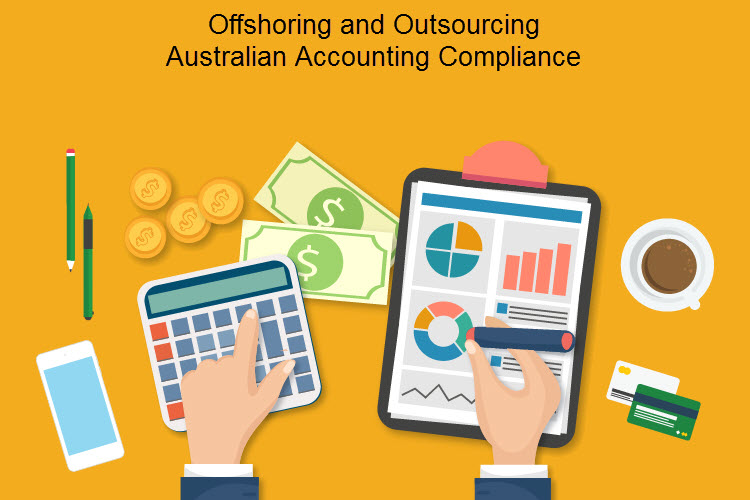If you have considered engaging offshore labourers, you have probably wondered about the real cost savings your practice can make. Offshore labour firms like to push percentages of savings, comparing expensive Australian workers and cheaper offshore labourers, citing 50%, 60%, 70% savings!
Over here at Odyssey, we thought we’d run through what our clients have been telling us about some of the hidden costs of the offshore labour model.
Just to recap the differentiation.
- Outsourcing is sending work to a competent quality provider, that returns a completed job/service. The provider should be a full stop shop. An outsourcing provider can be offshore or onshore.
- Labour hire is the practice of engaging a firm to provide an employee, where the accounting firm has to select, train, manage and review the employee. A labour hire firm can be offshore or onshore.
But why is this important: These days there are some quality Outsourcing providers (such as Odyssey) that have invested millions of dollars in systems, procedures, training etc in order to be in a position to prepare tax returns to a Quality status. It takes us 2 years to fully train up a Compliance person.
Meanwhile, the “Labour hire” firms like to confuse the matter, as all they are doing is putting a job ad up, grabbing a couple of likely candidates (usually from Big 4 audit background), then turning them over to you to manage, train and supervise.
So a lot of “labour hire” companies like to call themselves “outsourcing companies”. But they aren’t and never will be. It’s a big difference!
Here are some of the key hidden costs the labour hire firms won’t disclose:
- You need to pay a recruitment fee for the offshore employee. This usually ranges somewhere from $2,000 to $4,000.
- The market in the Philippines is highly competitive. Expect employees to job jump, and you’ll be asked for a recruitment fee.
- Some providers maintain a pool of ready employees that they’ve interviewed: They’ll “sell” the recruitment fee for the same employees to several subsequent Australian accounting firms. This means you’re under pressure to select the employee quickly, as they’ve been shortlisted by other Australian accounting firms!
- Once the new employee starts working for you, you need to spend time training them to be fluent in your work practices and in understanding the tax system so they can be a useful member of your team.
- You will be encouraged to come over to the Philippines (at your own cost) to meet your staff and to train them.
- You will be encouraged to bring your new staff to “bond” with your Australian team. Airfares, nice hotels, dinners. We hear of some Australian accounting owners bringing the Filipino staff to their home to save a few dollars.
- As Australian accounting offshoring is a new concept in the Philippines, you won’t find any 5 year experienced people. They don’t exist. So what you are sold as a 2 year Philippines CPA with Philippines audit experience, is in fact an Australian junior level employee.
- And just like an Australian junior level employee, they don’t know how accounting really works in practice.
- Filipino staff usually can only do compliance to a draft stage, so they require a senior accountant to review the work papers
- Some offshore labour companies don’t bear the exchange risk. Employees are paid in Philippines pesos. If there are fluctuations you can expect the Australian accounting firm will at some time bear this risk
- Many offshore labour companies offer a one week’s training before starting with the Australian accounting company. This cost is passed onto the Australian firm, either directly or indirectly. There’s no such thing as a free lunch!
- Training in Australian tax laws can require an Australian senior accountant to expend the majority (up to 80%) of their time in the first month – that’s up to 120 hours lost productivity. After the first month there is an ongoing 1-2 hours daily in terms of coaching and reviews. Remember, the tax systems are foreign, the culture is foreign. Everything has to be taught.
- Training the employees in the administration systems of the Australian accounting firm involves Australian admin overhead.
- It takes a minimum of 6 months for an offshore labourer to become productive. It can take up to 2 years until they are good enough to do compliance work without significant review and coaching.
- Filipino staff will frequently jump ship for a better job offer. In the Philippines there is a culture of staff expecting to leave after two or three years.
- Each time you lose an employee, you have to pay for the costs to train the new staff, and wait a couple of years until they are skilled to work with little coaching.
- Australian accounting firms shut down in December and January. The Filipino staff are still being charged to your account for these 2 months!
- If you suddenly need more capacity, you will have a lengthy training process ahead of you before you can scale up your remote team
It might be worthwhile talking about the advantages of the Odyssey Outsourcing Model
- Whilst we do ad-hoc work mainly, we do offer “full time” resources to some of our trusted clients. Our full time resources are minimum two year experienced, which means they are returning Quality work from day 1. We have systems in place to get going immediately you engage us on a job.
- Odyssey has a large employee workforce of ad-hoc staff. So if you have peaks in your workload, then this can be handled by our ad-hoc resources. Odyssey’s ad-hoc model works on a “job by job” basis, which is how your firm works. Because we offer our compliance services on a per-job basis, there is no increase in your overheads as you are not hiring us as an employee.
- With the offshore labour model, you have to hire employee by employee, which means you will usually have more resources than work!
- We put the best ad-hoc staff onto your work. As the quality and timing is our responsibility (and timing is agreed up front), we determine the most skilled person who can complete the work. Odyssey has several different divisions for each work type.
Learn more: The Essential Guide to Offshore Accounting for Australian Accounting Firms
If you want to chat more about how Outsourcing dominates the Offshore labour model, then drop Odyssey a line and we’ll show you how Outsourcing your compliance work can assist









